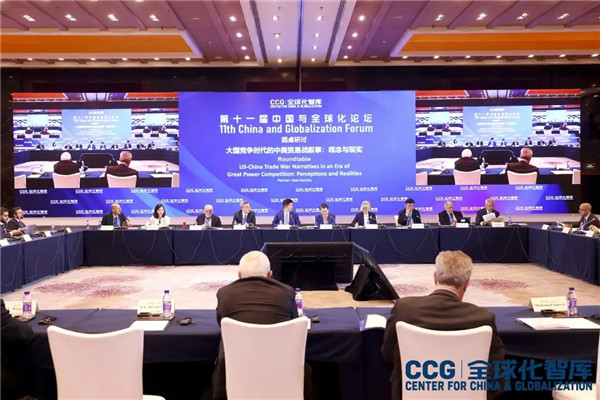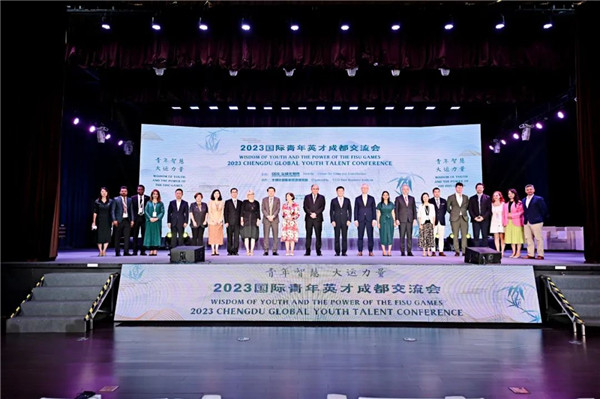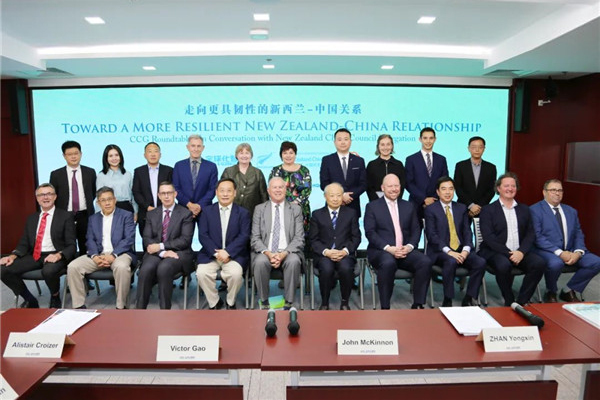BRICS Mechanism: To where does it lead?
From Sep 3 to Sep 5, the ninth BRICS Leaders Meeting was held in Xiamen, Fujian Province. It was the second time that China organized the BRICS Leaders Meeting, and it was an important step in China’s diplomacy.
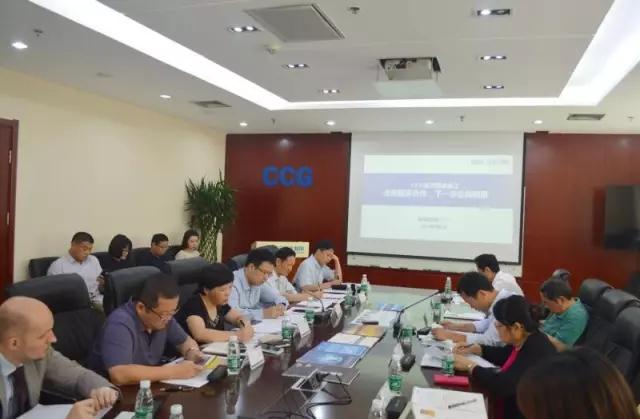
On Sep 1, 2017, right before the BRICS Leaders Summit, Center for China and Globalization (CCG) organized a symposium surrounding the cooperation mechanism of BRICS. Many experts and scholars specialized in international relations, international politics, international trade and Asian studies were invited to discuss the influence of BRICS in world economy and global governance and the prospect of the cooperation of BRICS. The symposium was hosted by Dr. Li Weifeng, the Executive Secretary of CCG.
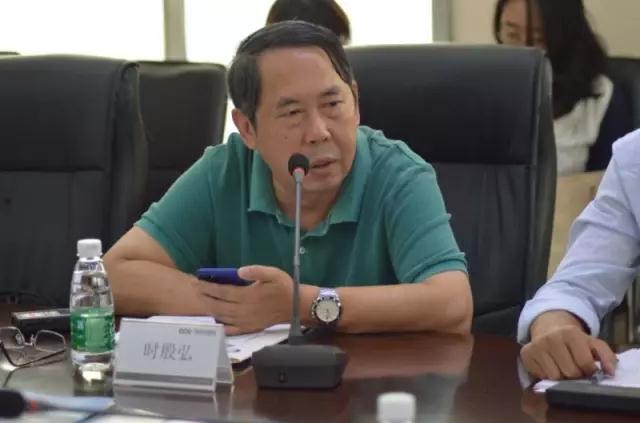
Shi Yinhong, the professor of International Relations, Chairman of Academic Committee of the School of International Studies, and Director of the Center on American Studies at Renmin University of China pointed out that BRICS has been the bellwether in globalization. Shi Yinhong pointed out that BRICS has greatly extended the scope of international cooperation. In terms of international politics, BRICS contributes to the formation of new types of international politics and international relations. Although the countries of BRICS still have discrepancies in culture, social institutions, geography and the like, the relations of the five countries can be improved by constant communication and collaboration. Additionally, BRICS should enhance the flexibility of its mechanism and carry out more feasible deals.
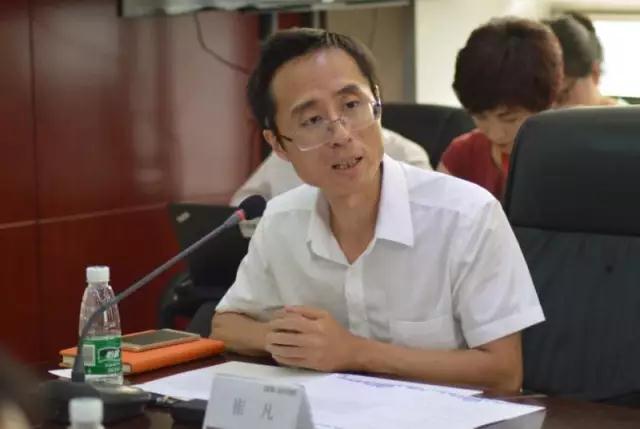
Cui Fan, the Professor in International Trade, School of International Trade and Economics (SITE) of the University of International Business and Economics (UIBE) claimed that BRICS mechanism is the natural result of the coordination among big developing countries. Thus far, the most important organizations in global governance are WTO and G20. Developed countries also have OECD for policy-making and coordination. For developing countries, the Non-Aligned Movement and Group 70 make little contribution to their coordination. As a result, the BRICS mechanism is indispensable in coordinating big developing countries.
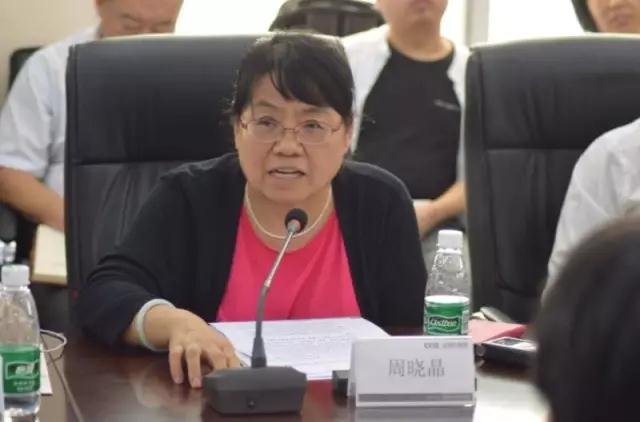
Zhou Xiaojing, the Non-Resident Senior Fellow at CCG and the Former Director of Asia-Africa Development Research Institute at the Development Research Center of the State Council analyzed the deep influence of the summit of BRICS. She stated that all countries of BRICS should consistently emphasize the win-win principle and mutual benefit and share with each other their experience in development. In addition, China can also enlarge its social circle through ‘BRICS+’, thereby leading to the prosperity of global economy.
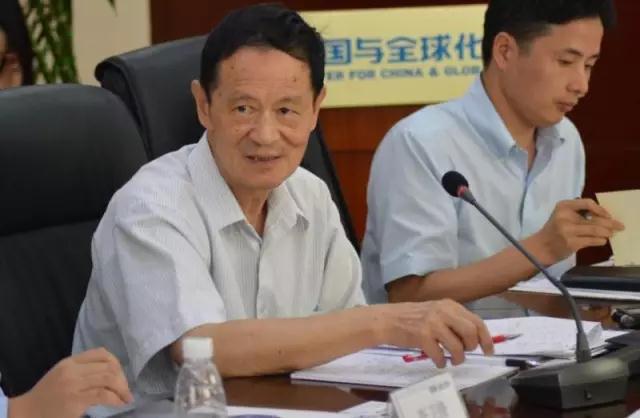
He Weiwen, the Senior Fellow at CCG, believed that we should have a clear idea of the status of BRICS in world economy. Although in 2016, the percentage of the GDP of BRICS in global GDP rose by 23% and China and India both made some contribution to the increase, the percentage of the other three countries dropped. Also, BRICS should improve its relationship with G20 and attempt to include more countries into BRICS mechanism. Furthermore, he thought that BRICS could be combined with the ‘Belt &Road’ Initiatives and Asian Infrastructure Investment Bank to facilitate the construction of the ‘Belt &Road’.
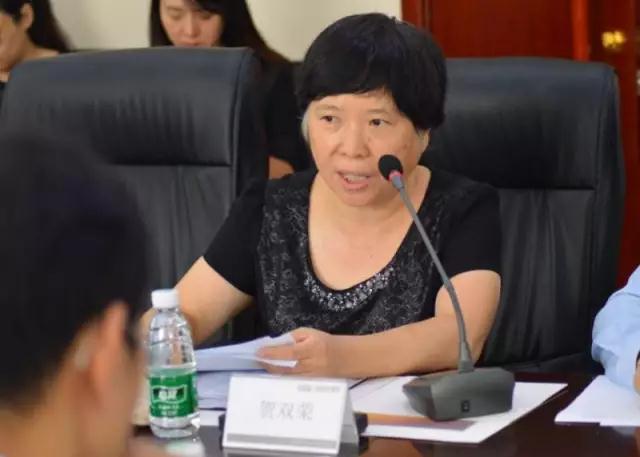
Lead researcher of Institute of Latin American Studies of Chinese Academy of Social Sciences He Shuangrong emphasized the role of Brazil in BRICS, yet at the same time, she reminded us of the changes in Brazil’s politics. Firstly, although BRICS was regarded as the important component of Brazil’s diplomacy strategy by the Former Presidents of Brazil such as Luiz Inácio Lula da Silva and Dilma Rousseff, since Michel Temer‘s presidency, he has not shown any intention to see BRICS as the bolster of Brazil’s diplomacy. Secondly, although BRICS has been the new cooperation mechanism of developing countries and Brazil always sees itself as a big developing country, its plan to join OECD may change its identity. Furthermore, during the presidency of Lula, he saw BRICS as the core of the cooperation among developing countries. However, since the developing countries’ cooperation failed to realize its intended goal, the Temer‘s government intended to develop its relationship with America and European countries, which may obstruct the further cooperation among developing countries.
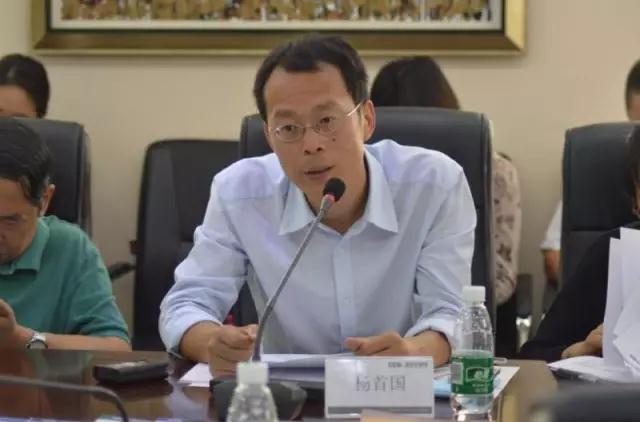
According to Yang Shouguo, the Deputy Director of Latin America Studies of China Institutes of Contemporary International Relations, although Brazil is currently going through a difficult time, it still remains one of the biggest and most important developing countries in the world and BRICS is still an important platform for Brazil’s participation in global governance. However, Brazil’s passion for BRICS has somehow declined. It now expects less of BRICS and it has curtailed its investment in BRICS mechanism. Currently as Brazil concentrates more on trade, international finance and so forth, Dr. Yang advised the countries of BRICS to focus more on the demand of Brazil and offer guidance to Brazil’s development.
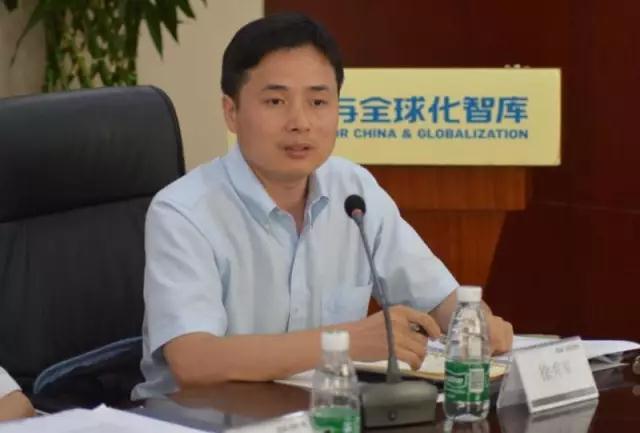
As the Senior Research Fellow and the Deputy Director of Department of International Political Economy and Executive Director of Center for the BRICS Studies, Institute of World Economics and Politics (IWEP), Dr. Xu Xiujun summarized the several features of BRICS mechanism. First, it is a mechanism incorporating both governments and civil society. Second, the countries of BRICS now have a clearer goal for the mechanism, that is, to facilitate the cooperation of developing countries and develop a unified market for developing countries. Third, the mechanism provides a platform for the governance of emerging economies. Fourth, the countries’ interaction in economy, trade and culture has been furthered and strengthened. Lastly, challenges and opportunities still co-exist for BRICS countries.
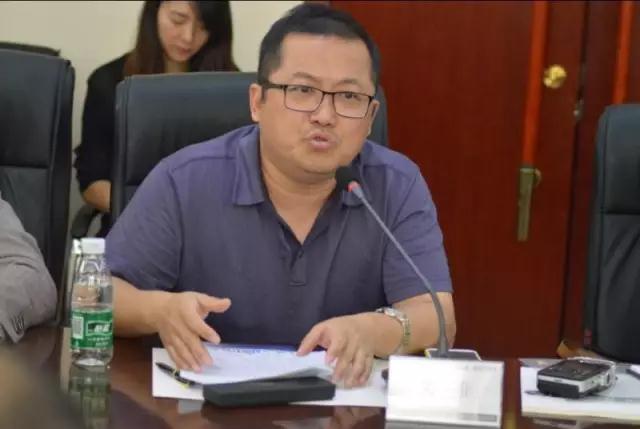
Next, in order to have a better idea of the current economic situations of BRICS countries, the researcher at CCG Wu Fei cited many cases and data to analyze the prospect of BRICS mechanism. From his viewpoint, as Brazil and South Africa have shown strong preference for cooperation, it is the right time to organize the Leaders Meeting of BRICS and the proposal on ‘BRICS+’ will be promising. Therefore, in this opinion, the incoming meeting of the leaders of the five countries may lead to influential results.
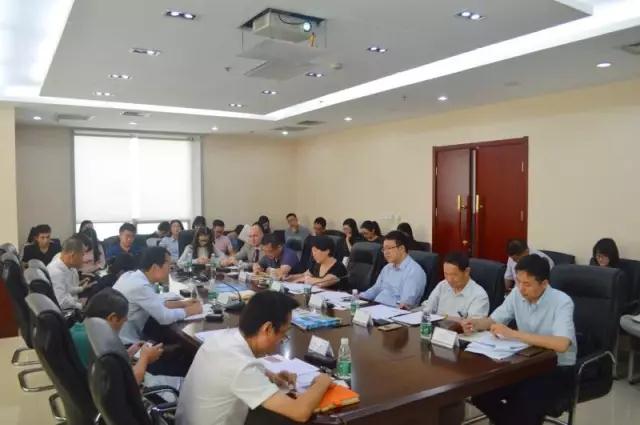
Overall, over 10 guests attended the discussion, including the representative of Embassy of Russia in China, the members of CCG and many mainstream media. Although the world economy has not yet fully recovered, through the discussion, CCG offered its insight into the challenges for the development of BRICS mechanism and its advice on it.
LocationBeijing
